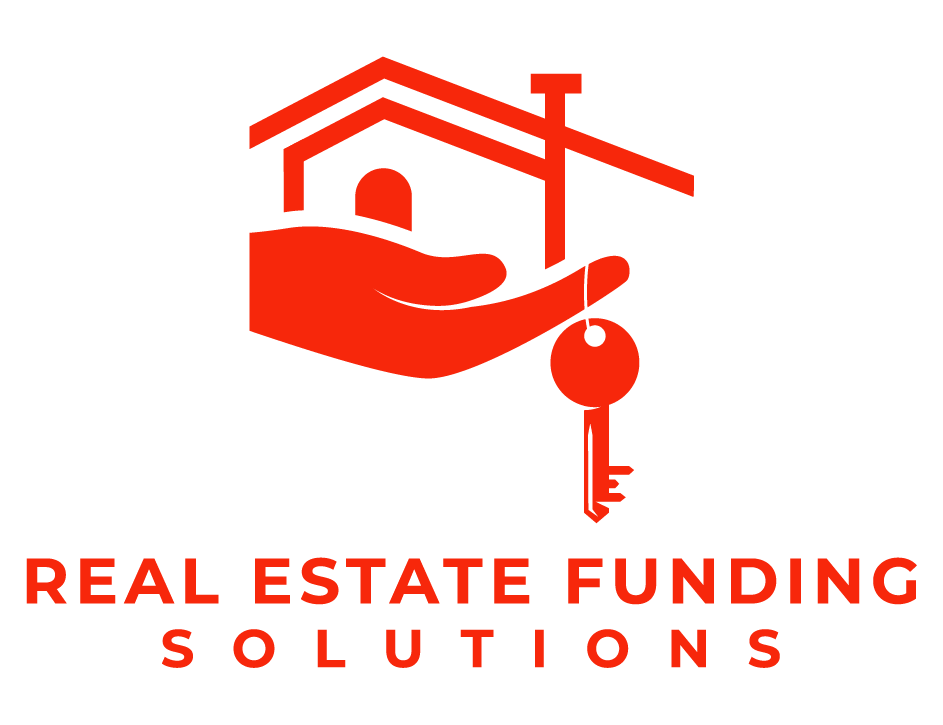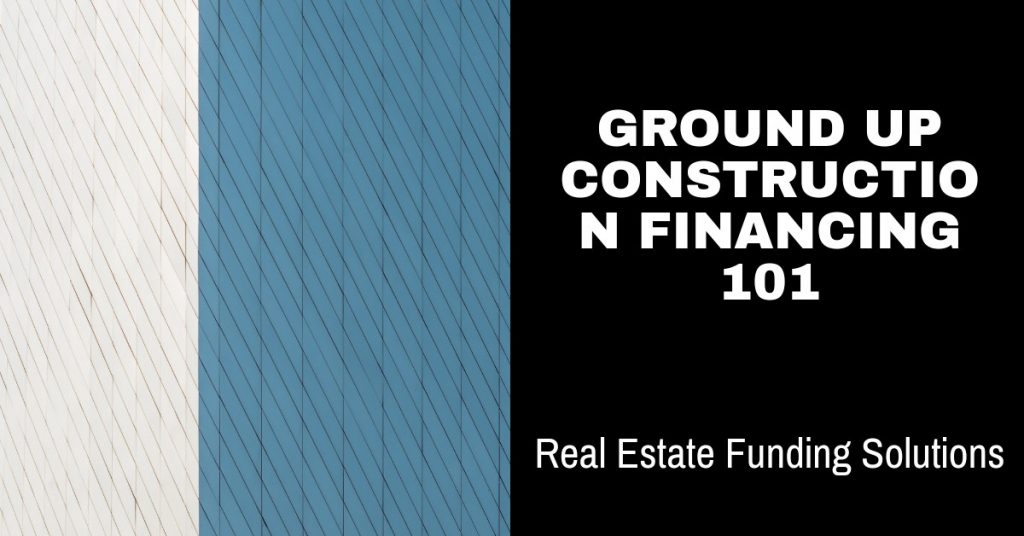Traditional mortgages help you fund the expenses necessary to buy your chosen property. However, with construction financing options, the specifics are quite different since these fund everything you require to construct the specific structure. According to our ground-up construction lenders, these are short-term financing alternatives for you to buy and build on the land. The loans close once the project completes and can also work for renovation work or buying the land itself.
If you are just getting started or want to know more, Real Estate Funding Solutions construction loan experts can help. We have created a guide to tell you everything you must know about financing your ground-up construction. These crucial details will help you go from “declined” to “approved” without any hassles. So, let us get right into the details.
Things to Know About Ground Up-Financing
As we are almost at the end of 2021, more and more property owners are turning to ground-up constructions. Construction loans play a vital role in helping you achieve your construction goals effectively. In this section, we will share a few tips on how you can go about ground-up construction financing the right way.
Choosing Lenders: There are different types of ground-up construction lenders, including agencies, banks, credit unions, CMBS lenders, life companies, and private capital lenders. Each one has different motivations concerning what they look for in a particular financing deal. Besides, every lender has its own advantages and disadvantages. When choosing a construction loan lender, it is easy to get overwhelmed and also tempting to settle for the first-ever lender you interact with. Do not decide in haste and ensure addressing the following aspects:
- The type of loan they offer
- If they can help with realistic budget projections
- Interest rate and lending terms
- Fixed or variable interest rates
- Closing costs or other charges
- Construction draw payments
- Your research
- Financial situation, and more
Construction loans can be complicated than mortgage loans. Therefore, you must approach a lender keeping your construction plan and type in mind. Negotiate well to get the best loan for your real estate investment. Also, please pay attention to all details of your project until its completion.
Ground Up Loans vs. Traditional Mortgage: Ground-up loans aren’t like a 30-year FHA loan – their “short” nature makes them different. Besides, these only cover the construction (new or improvements) costs of the property. Even the interest rates are higher yet feasible than standard mortgages. In addition, the loans are disbursed in phases, and there is a significantly lower down payment.
Property Types: Ground-up construction lenders provide loans based on specific property types. The properties eligible for construction loans include:
- 2-4 unit properties
- Mixed-use properties
- Multi-family properties
- Non-owner-occupied single-family properties
- Townhomes
Loans can also be available for larger commercial projects. So, choose wisely and complete your construction hassle-free.
Getting Approvals: The process goes about just like any other loan. Therefore, you must have a solid plan to qualify for the construction loan. For this, you need good credit history, down payment amount, favorable ratios, income proof, etc. Expect the ground-up construction lender to ask project-specific questions. Besides, every lender has unique eligibility requirements, so be ready with your list of questions as well. Once you clear this phase, you will be good to go.
Be Prepared: When you decide to build your home, the first thing you must do is avoid rushing the decisions. Take your time, slow down a little, and do not pressurize yourself, or it will only be counterintuitive. Next, make sure you are prepared when you are visiting a lender to discuss your case. Choose your lot, draft a detailed budget, draw up the plans beforehand, and carry the necessary paperwork. Be ready to answer the questions your lender asks. It will only help accelerate your financing process.
Loan Period: Usually, the construction loan term is small as these are short-term financing options. So, the key is to ensure you are well prepared for the bumps and bruises during the project. It enables you, as a borrower, to complete the construction within the stipulated loan period. Ideally, a construction loan would last you less than 12 months, and you might pay it off with another permanent loan. To handle the temporary nature of these loans, you must:
- Apply for a new loan after the project’s completion
- Arrange a bundled loan in the beginning to reduce closing costs
Make sure that whichever way you choose, you are aware of the loan term policies. You must equip yourself to handle unexpected delays accordingly. Besides, you have the right to know what happens if the project timeline runs over and how to avoid penalties. So, act wisely.
Financing Costs: Ground-up construction deals may be a little expensive to account for the risk ground-up construction lenders take. However, these are profitable if you are prepared to get started. Besides, it is always best to contact an expert who can help you with the rates and other fees.
When you find the land that you think makes sense for ground-up construction, use these tips and find the right construction financing option for your unique needs. Also, partner with an expert ground-up construction lender and discuss your project details to get started with ease.
Set Yourself Up for Success
Do you wish to finance your dream property with ground-up construction financing? Real Estate Funding Solutions delivers speed, trust, and a hassle-free funding process nationwide. Our procedures are quick and flexible. We can certainly assist you with your ground-up construction project as well as new construction financing needs. If you are looking for a reputable and knowledgeable ground-up construction lender in New Jersey, look no further than Real Estate Funding Solutions. Call us at 855-913-8637, and we can fund the property you deserve!



